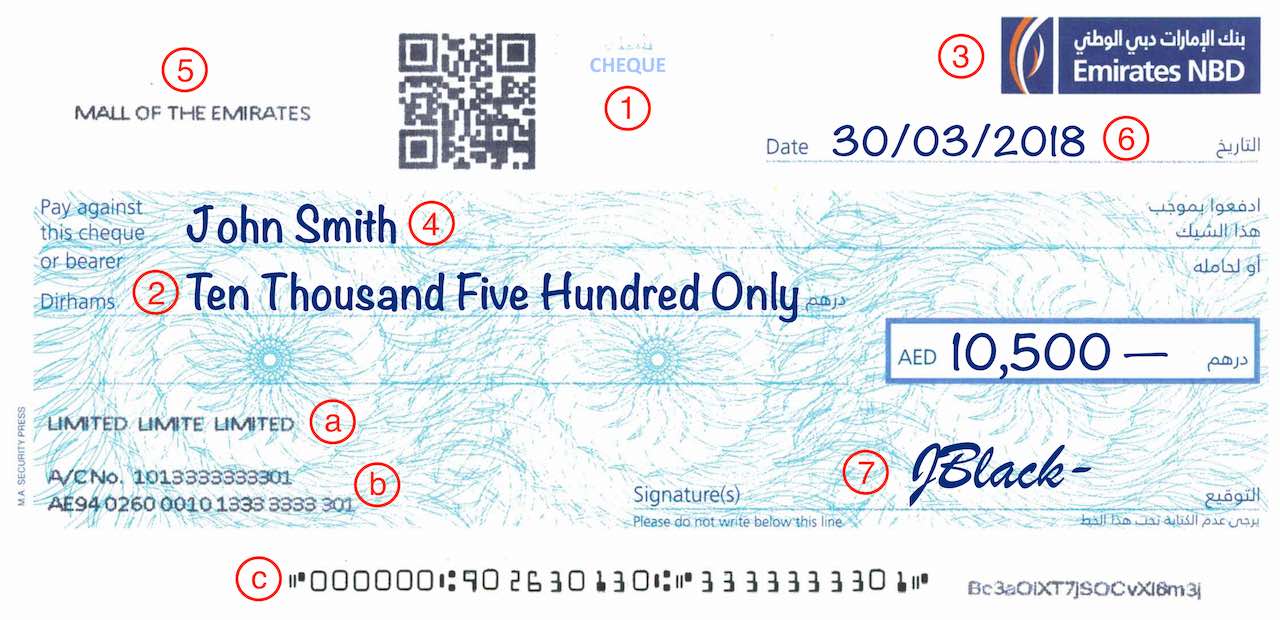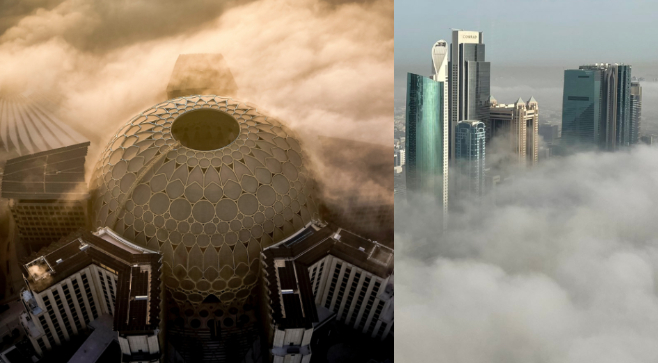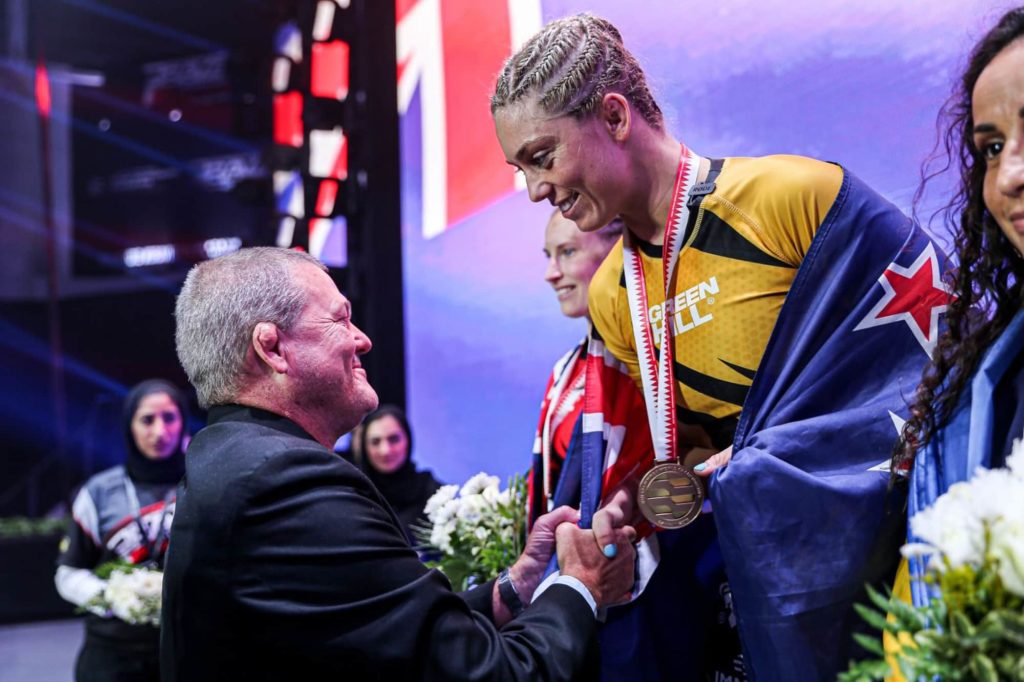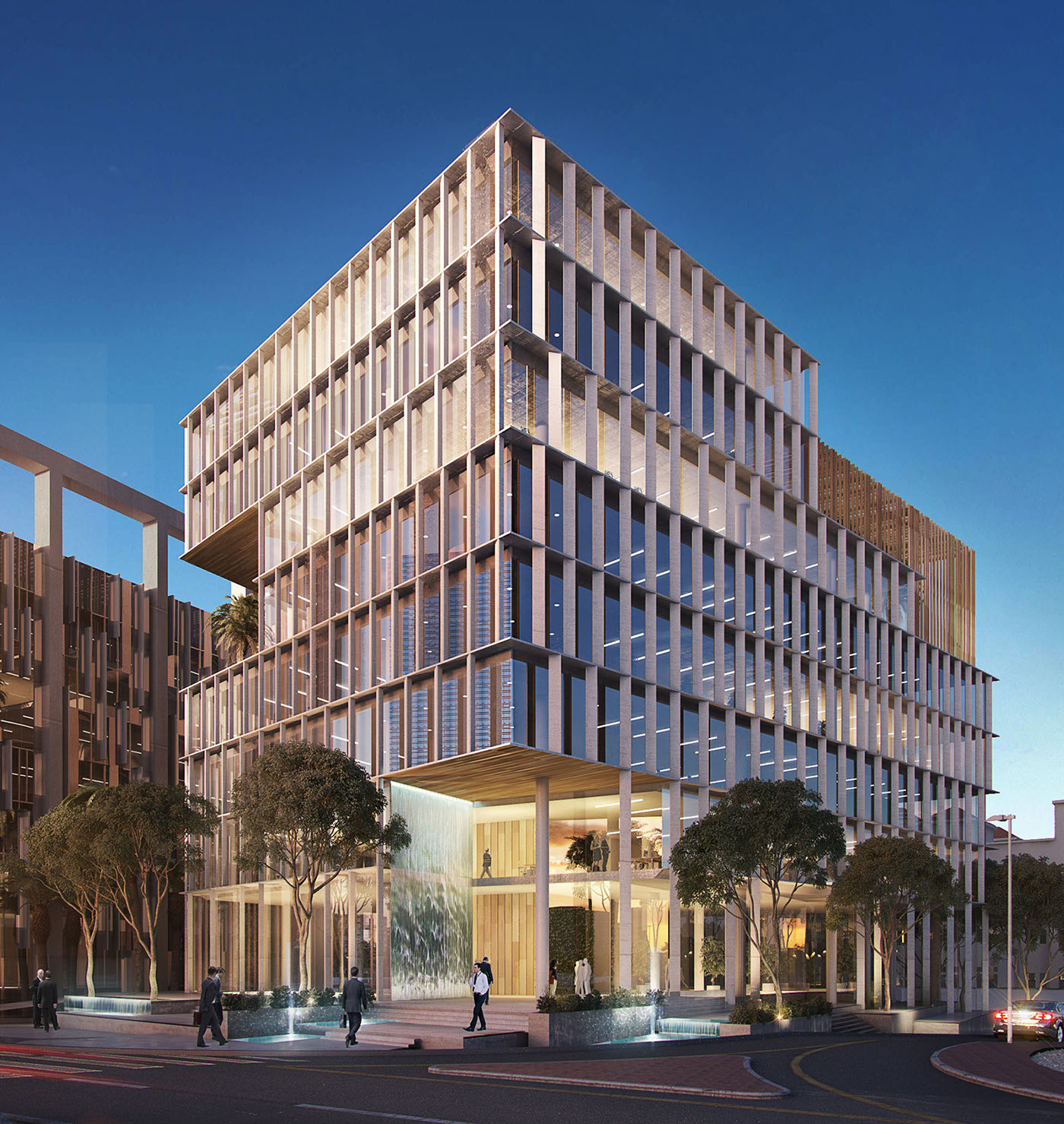The remarkable advancement of the Emirati women in every aspect of life constitutes another important yardstick for measuring the progress of the country as a whole. Accorded equal status and opportunities by the Constitution, women of the UAE today are making their presence felt in society in a pronounced way. The UAE's dependence on oil is a significant long-term challenge, although the UAE is one of the most diversified countries in the Gulf Cooperation Council.
What Are The 4 Names Of Emirates That Make Up The Uae Low oil prices have prompted the UAE to cut expenditures, including on some social programs, but the UAE has sufficient assets in its sovereign investment funds to cover its deficits. The government reduced fuel subsidies in August 2015, and introduced excise taxes (50% on sweetened carbonated beverages and 100% on energy drinks and tobacco) in October 2017. A five-percent value-added tax was introduced in January 2018.
The fact that the traditional tribal system of government each emirate was based on similar political principles facilitated the establishment of the UAE. Hereditary dynastic family rule still operates in each emirate as a local government system under the umbrella of the federal system. Members of the ruling families occupy the most important positions in their political administrations.
While the political system continues to retain some of its traditional values at formal and informal levels, it has been able to keep pace with economic and social change. The sheikhs are highly regarded for performing the dual roles of modernizers and guardians of the cultural heritage. They still have traditional majlis where citizens have access to their leaders. Much of the work force in the UAE are foreign expatriates - hence the country's population makeup being so diverse, with Emirati citizens being a minority in their own country. All Emirati citizens receive profit sharing cheques from the government and mostly opt to work in the government sector.
Migrant workers from the Indian Subcontinent and the Philippines are mostly employed in the service and construction industries for low wages. Many mid-level jobs are filled by expats and Emirati nationals who work in the private sector, in addition to expats who work in high-skilled and managerial positions and typically enjoy a very good standard of living. If you're interested in working in the UAE there are opportunities in oil and gas, banking, engineering and education. The public school system in Abu Dhabi is hiring a large numbers of English-language teachers from Western countries. These teaching jobs in the UAE are accessible through official recruiters of the Abu Dhabi Education Council. Dubai is the most populous and the largest emirate in the UAE with approximately 2,502,715 people.
Notably, it is the most progressive emirate among the seven emirates. Dubai is classified as an alpha city due to its strong economy. Despite being a desert, the country has managed to utilize its resources and according to the 2015 statistics, it has an annual GDP of 105.6 billion USD. Unlike its neighboring emirates such as Abu Dhabi, the oil reserves of Dubai have been exhausted; oil contributes only 2 % of the total GDP of this emirate. Although it started as a port, Dubai has developed into a luxurious emirate that is home to the world's tallest building. The education system consists of primary schools, middle schools and secondary schools.
The public schools are government-funded and the curriculum is created to match the United Arab Emirates development's goals and values. The medium of instruction in public schools is Arabic with emphasis on English as a second language. There are numerous internationally accredited private schools.
The fees for private schools vary, while public schools are free for Emirati. Secular national holidays include National Day, which is celebrated on December 2, and New Year's Day on January 1. For example, August 6 is a holiday in Abu Dhabi marking the accession of Sheikh Zayid. Muslim holidays follow the lunar calendar, moving back by 11 days each Western year, so their dates are not fixed on the standard Gregorian calendar. Friday is the Islamic day of rest, so most businesses and services are closed on Fridays. All government offices, private businesses, and schools are closed also during Eid Al-Fitr and Eid Al-Adha.
Since then, the UAE has been a sovereign nation, enjoying the profits of its natural resources—its reserves of oil and natural gas are the seventh-largest in the world, and it has the seventh-highest GDP per capita. This wealth has turned the Emirates into a major hub of trade, travel, tourism and finance. Dubai's Burj Khalifa, the tallest structure in the world, is emblematic of the Emirates' dramatic construction boom and rise to global prominence.
Emirati employers reportedly prefer international graduates over graduates of local private institutions. Some employers also sponsor students' overseas study in fields like engineering with funds and job offers upon graduation. The city of Dubai is located on the emirate's northern coastline and heads up the Dubai-Sharjah-Ajman metropolitan area. Today, Dubai has emerged as a cosmopolitan metropolis that has grown steadily to become a global city and a business and cultural hub of the Middle East and the Persian Gulf region.
Although Dubai's economy was historically built on the oil industry, the emirate's Western-style model of business drives its economy with the main revenues now coming from tourism, real estate, and financial services. Despite being the smallest emirate, Ajman is the fourth most populous state in the UAE with about 258,000 people. The major tourist attractions in this area include cultural destinations, hotels, and shopping malls. The city hosts the Ruler's office, several banks, and approximately fifty local and international retail shops.
Ajman was founded in 1803 after Sheik Rashid bin Humaid Al Nuami conquered the coastal settlements. Oil wealth has transformed a territory containing mud-walled small towns and villages into commercial capitals integrated in the global economy. Abu Dhabi city is modern with broad boulevards, tall office and apartment buildings, large shopping malls, an extensive network of highways, and sprawling new suburbs. The city is known for its greenery; the former desert strip today includes numerous parks and gardens. There are separate housing areas for nationals and immigrants, and further subdivisions for class, ethnicity, and nationality.
The federation has adopted an Arab-Islamic architectural style, with arched windows, gates, and decorative stucco. Old forts, palaces, marketplaces, and mosques have been restored. Date palm trees have been planted extensively along city roadsides.
The commercial production of oil triggered rapid population growth. This resulted from improvements in diet, health care, and living standards, as well as the importation on a large scale of male foreign laborers. The 2005 statistics show that the population has gone up many folds, causing a significant demographic shift. The U.S. State Department calculates the total population as 4.32 million, 85 percent of which is made up of immigrants while natives count for remaining 15 percent.
About 88 percent of the population is urban, prompting some analysts to describe the nation as a federation of city states. The remainder lives in tiny towns scattered throughout the country or in many of the desert oilfield camps. The population has an unnatural sex ratio with 2.743 men to every woman—the highest in the world, although similar to other gulf states. Life expectancy at birth for the total population was 75.24 years in 2005. The emirates, in 2007, seemed far from the emergence of any meaningful political life, which usually accompanies increased wealth.
Huge government spending, free access to education, and to health services, as well as subsidized primary commodities, has diverted attention from politics. The United Arab Emirates comprises seven emirates – Abu Dhabi, Ajman, Dubai, Fujairah, Ras Al-Khaimah, Sharjah and Umm Al-Quwain – located along the southeast coast of the Arabian Peninsula. The country covers an area of around 84 thousand square kilometres and has a population of around 9 million. The success of the UAE's political system lies in the fact that it represents a unique blend of the traditional and modern forms of government, with an inherent commitment "to consensus, debate and direct democracy". The sacrifices and achievements of its Founding Fathers contributed to the emergence of this modern nation that replaced the previously separate emirates.
The UAE is the only federal state in the Arab world that has not only survived, but also succeeded in creating a distinctive national identity with the passage of time. On the occasion of the celebration of the twenty-fifth anniversary of the successful federation, Sheikh Zayed noted with satisfaction and pride, "Our accomplishments have exceeded all our expectations. They have been achieved with the help of God and our sincere and strong will, and confirm that there is nothing that cannot be achieved for the benefit of the people if we have the firm determination and sincere intentions".
The Federation of the UAE is, and will continue to be, a source of pride for the present and future Emirati generations. The emirates have a long history of intertribal wars and violence, and although they are now united in an attempt at cooperation, old conflicts continually erupt. Because Abu Dhabi is the largest emirate and has the largest oil reserves , it makes all the decisions in the UAE. Dubai is the only emirate large and wealthy enough to challenge Abu Dhabi's decisions. The other emirates are all too small and too dependent on financial support from Abu Dhabi to risk speaking out against the Abu Dhabi-dominated government. Dubai occasionally acts on its own, going against decisions handed down by the Abu Dhabi leaders.
The union of the emirates is too young, and the new oil wealth and resulting development too recent, to determine if the UAE will be able to maintain its unity and function as a stable federation of states. Upon passing the final graduation examination at the end of grade 12, students are awarded the Secondary Technical School Certificate, a credential that qualifies students for tertiary education. At some institutions, such as technical secondary schools that Abu Dhabi's ACTVET oversees, students may also concurrently earn a recognized Australian vocational trade certificate. Employment opportunities for highly skilled workers in its diversifying economy make the UAE an attractive study destination for students from other countries.
Since oil and gas reserves won't last forever, the Emirates, most notably Dubai, have pursued a systematic economic diversification strategy. Dubai is now the most important financial center and trading hub in the Middle East, going far beyond petrol capital. The UAE now boasts an excellent infrastructure, logistics, and investor-friendly business environment. Sectors like foreign trade, tourism, and banking are expanding quickly.
The real estate market has recently slowed, but over the past two decades, construction in major cities boomed to the extent that reportedly 2 percent of the world's cranes were in Dubai alone. The city is now endowed with a sparkling skyline of high-rise buildings and luxury hotels. An independent country since 1971, the UAE is a federation of seven hereditary monarchies or emirates that, combined, is smaller than the U.S. state of Maine.
The most populous of these emirates is currently Dubai—a sprawling global city whose cosmopolitan resident population has more than doubled since 2006. Sometimes referred to as "Hong Kong in the desert," Dubai is now home to nearly three million people. It has the world's tallest building and one of the busiest airports on the globe. About 37 percent of Dubai's residents come from India and Pakistan; native Emiratis make up only 8.2 percent of the population. Dubai is a city in the United Arab Emirates, located within the emirate.
The emirate of Dubai is located on the southeast coast of the Persian Gulf and is one of the seven emirates that make up the country. It has the largest population in the UAE and the second-largest land territory by area after Abu Dhabi, the national capital. The United Arab Emirates is a federation of seven independent states located in the southeastern corner of the Arabian Peninsula. The politics of the region includes differences in geographical names. The "Persian" or "Arabian Gulf" borders the region to the north, Saudi Arabia to the south and west, and Oman to the east. Before the discovery of oil in the 1950s, the UAE was a group of low-income emirates under the protection of the British.
Oil brought rapid growth and modernization to the area, and these small states became independent as the UAE in 1971. Social development efforts, most particularly the nurturing of the country's citizens or "human capital," have been a priority of the UAE government since the early years of the federation. Immense resources have been applied to provide modern social and economic development infrastructure in education, health, and social welfare. Few countries in history have experienced, in less than four decades, a huge shift in income and development comparable to that of the United Arab Emirates during the last part of the twentieth century.
The UAE developed a public national educational system in a thirty year period that is similar to what Western countries established in over a hundred year period. Since the early 1960s the UAE has emerged from relative obscurity in global affairs to become one of the wealthiest and most dynamic of the smaller countries of the world. The rapid infrastructure development in virtually every corner of the country provides visual evidence of immense change. Public and private construction and modern consumption patterns are in evidence throughout the country. Before 1960, the only settlements were small towns and villages.
Towns have been transformed from mud-walled communities into commercial capitals integrated in the global economy. Because of the small population and harsh desert interior, 80 percent of the population lives in the coastal capital cities, leading social scientists to describe them as city-states. Ras al-Khaimah is situated to the northern part of the UAE, bordering part of Oman's territory, the Musandam. The population of this emirate is 205,000 people, and the Emirati citizens are the largest group. Ras al-Khaimah does not have any oil, and it has, therefore, focused on advancing its industrial sector.
The primary economic areas of Khaimah include real estate, tourism, building materials, service sector, and agriculture. The most recognized types of attraction in this emirate include shopping, nature, parks, water, and amusement parks. The capital city of this emirate is also referred to as Ras al-Khaimah and it is a home to most of the citizens of Ras al-Khaimah emirate.
Apart from being the capital city, it is also the second largest emirate in the world with an approximate population of 1.6 million people. Abu Dhabi is classified as one of the wealthiest cities in the world with most of its revenue originating from petroleum products. This emirate accounts for approximately two-thirds of the UAE economy. Unlike Dubai which is more Westernized, Abu Dhabi is more into cultural traditions. Efforts have been made to lessen the country's dependence on oil and shift to a more diversified economy, but, according to 2009 figures, more than 85 percent of the UAE's economy depended on exported oil and gas.
Oil production was 2.8 million barrels per day in 2009, making the UAE the world's 8th highest-producing country. Its oil exports were estimated in 2007 at 2.7 million barrels per day , and its oil proven reserves were estimated in 2010 to total 97.8 billion barrels. The UAE is also a major natural-gas producer, with production reaching 50.3 billion cubic meters (2008 est.), making it the 18th largest globally.
Exports of natural gas were estimated in 2008 to be 7.6 billion cubic meters , and proven reserves of January 2010 were 6.1 trillion cubic meters . Despite its contributing almost one-third of the UAE GDP, the oil sector employs a small percentage of its workforce. The central authorities undertook, as their primary duty, to harness the wealth of the country's natural resources for the benefit of the UAE as a whole. This contributed in a large measure to the success and continuity of the federation. From the very outset, Sheikh Zayed firmly believed that "money is of no value unless it is used for the benefit of the people". Finally, with the advent of modern technology, the UAE has been transformed from a developing country to a modern nation state within less than three decades.



























No comments:
Post a Comment
Note: Only a member of this blog may post a comment.